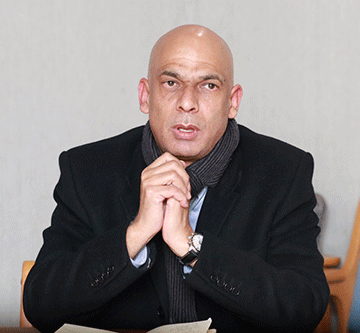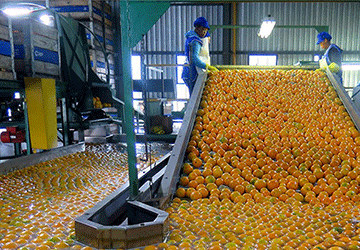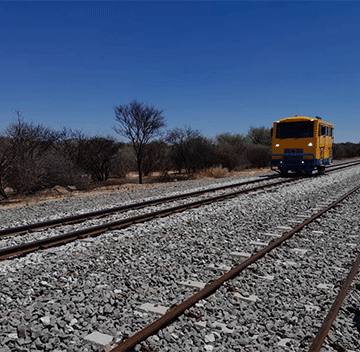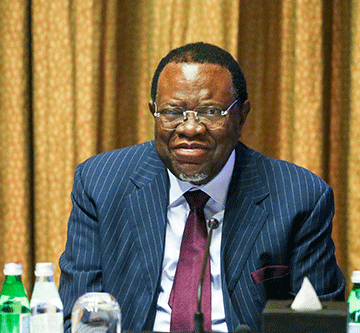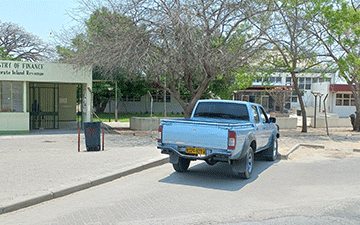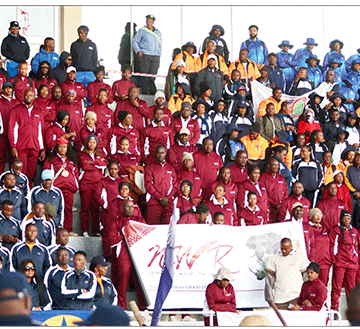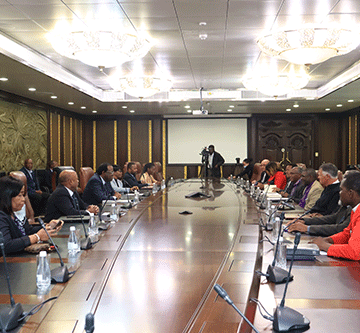The Namibia Transport and Allied Workers Union has reacted to the court’s decision to halt its industrial action at TransNamib with a demand that heads must roll.
Author: Maihapa Ndjavera (Maihapa Ndjavera )
Food industry offers low hanging fruit – !Gawaxab
Bank of Namibia governor Johannes !Gawaxab said the food industry offers economic opportunities and is suitable for the large unskilled labour profile of Namibia’s unemployed population.
Alweendo: Take skills’ transfer seriously
Mines minister Tom Alweendo has encouraged companies operating in the mining and beneficiation sectors to take the issue of skills transfer seriously, especially high-level skills.
World Bank calls on NHE to restructure
Due to lack of serviced land and funding, the Namibia Housing Enterprise (NHE) only managed to provide 896 houses since 2016. The NHE is a state-owned enterprise mandated to deliver housing to low- and middle-income Namibian households by undertaking and financing housing projects.
Messika adds value-addition for Namibian diamonds
Andre Messika Diamond, a supplier of polished diamonds to the luxury jewellery market that recently opened a polishing factory in Windhoek, this week opened the very first parcel of Namibian rough diamonds purchased from Namib Desert Diamonds.
TransNamib workers apply brakes
Employees of the national rail service operator, TransNamib, will embark on a nationwide strike on Monday to show their frustration with contentious labour matters.
Diversify private sector to escape the middle-income trap
To escape the middle-income classification trap, Namibia must focus on building a diversified private sector.
NamRA initiative to eliminate border delays…new initiative provides trading transparency and predictability
The Namibia Revenue Agency (NamRA) yesterday launched an advanced ruling programme, which is an official written biding decision on classification, origin or valuation of goods prior to an import or export transaction.
SOE dominance causes nightmares for private sector…World Bank proposes level playing field for better service delivery
Namibia’s largely monopolistic market structure and the dominant public sector create an uneven playing field to the detriment of the private sector.
Housing backlog headache
As Namibia’s urban population is expected to increase from 52% to 60% by 2030, the country’s demand for formal housing is increasing with urbanisation and offers a key economic opportunity.

